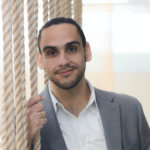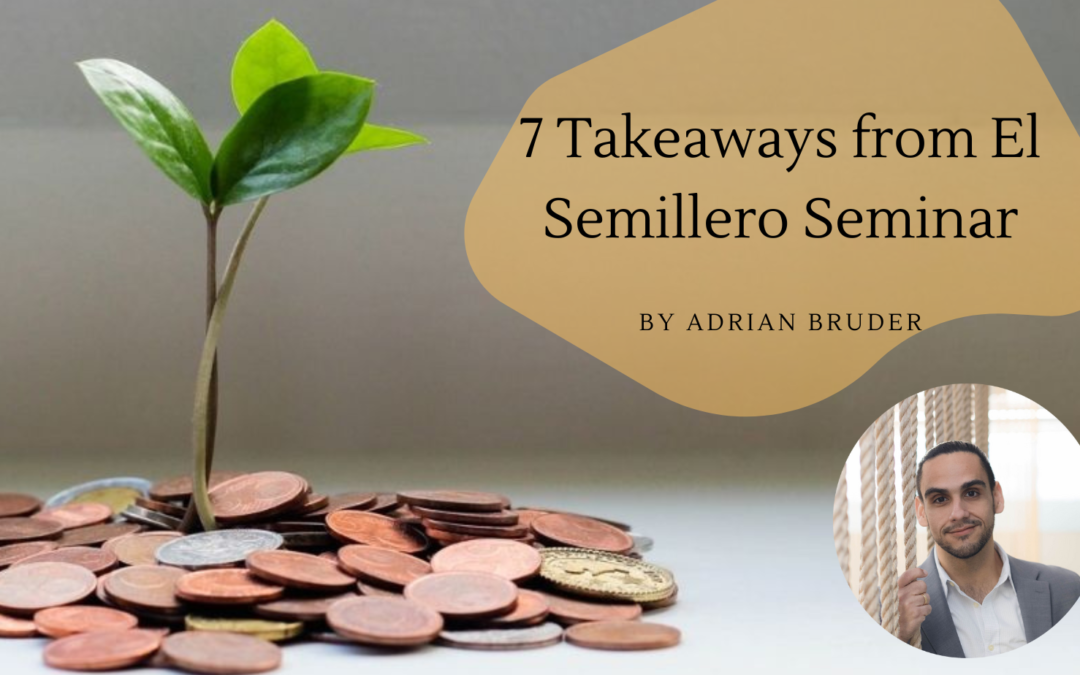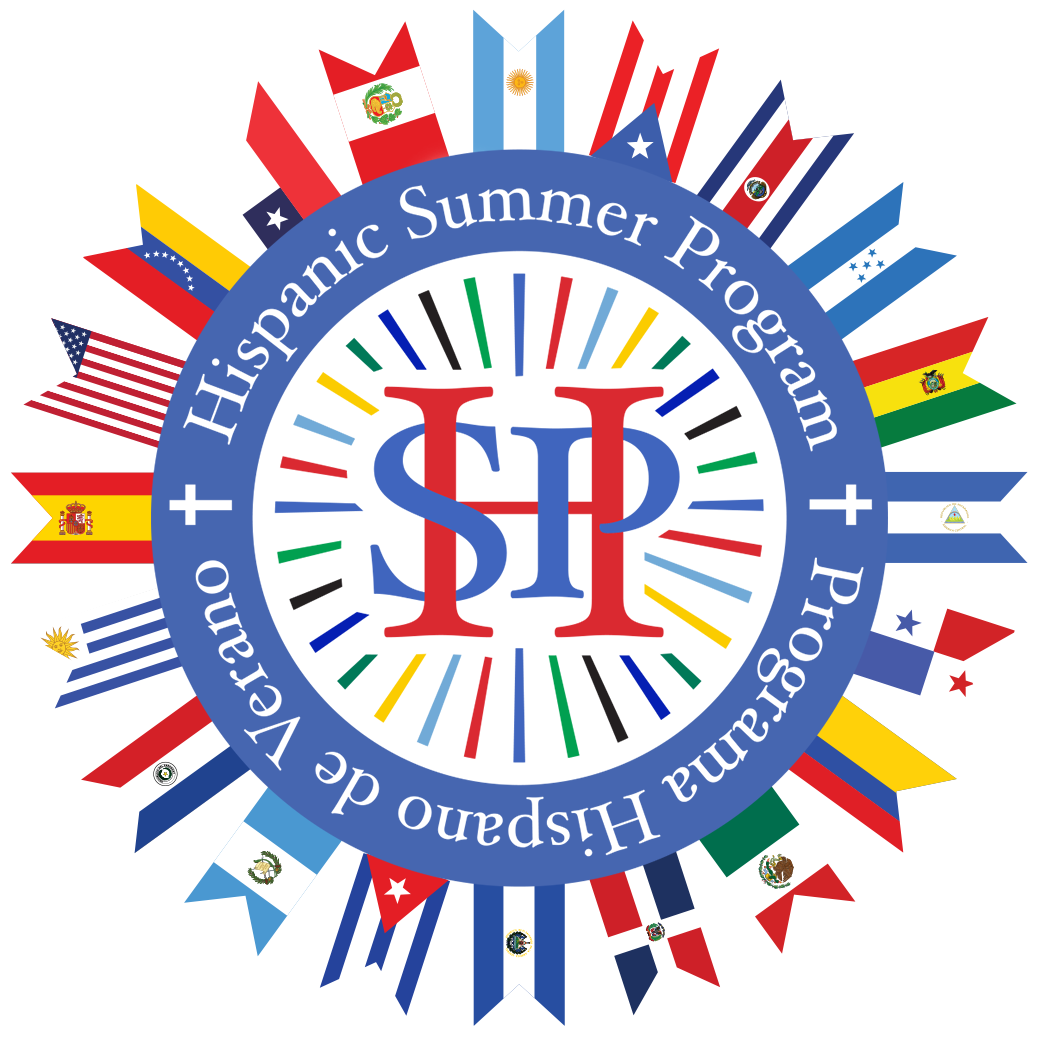By Adrian Bruder
As part of the Hispanic Summer Program Fellowship in Development, Engagement, and Donor Relations, I had the opportunity to spend 3 days in San Antonio, TX to learn about fundraising at El Semillero: Fundraising as Ministry seminar. This workshop is a partnership between the HSP and the Lake Institute on Faith and Giving that seeks to equip Latinx theological leaders with tools in fundraising and development—tools many in our community often don’t have access to. Being that I’m new to fundraising, I knew I had my work cut out for me, but I was excited to absorb as much as I could.
The program was led by The Lake Institute’s Rev. Dr. Carlos Perkins and Robert Rueda, and HSP’s Rev. Dr. Daisy L. Machado and Dr. Jorge Juan Rodríguez. It was a great collaboration between members of the non-profit, religious, and educational Latinx community to reframe the way we have been trained to think about fundraising. Diverse perspectives on fundraising from Latinx, mujerista, native, liberationist, and more traditional understandings of fundraising were covered. They all had something to teach, and it was great to learn from different points of view. At the end of the training, we got together in groups and did a mock fundraising pitch. My group went first, and it was fun, a little bit scary, and super informative.
Here are my seven key takeaways from El Semillero Seminar:
1. Determine what resources you need.
When you are fundraising, you are asking for resources, but resources are not only financial. A few questions to consider: What does your institution need to do its mission? What resources does your institution have that would make people want to join or donate to your mission? An exercise early in class showed that Latinx communities are rich in resources other than just financial. Resources can come in various forms: financial, spiritual, mental, support systems, relationships, and knowledge. Knowing what you need from donors and what your institution brings to the table is important. Donors can be rich in one resource and poor in others, how do you work together to get the resources needed to get the mission working?
2. Have your cause and mission at the forefront.
People care less about institutions and care more about causes and missions.
3. Learn the new way of giving.
Giving is evolving from traditional giving that focuses on obligation, duty, the gift itself, and budgets to emerging giving that focuses on cultivating donors, trust, creating change, and creating value.
4. Know your identity.
It’s critical to know exactly what you are about and what your mission is. People do not want to partner with a mystery. Casting a clear vision is what gets people excited to partner with that vision. Keeping a good budget and accounting is also critical for keeping your institution running, but knowing your vision is what will bring partnership and resources.
5. Know your story.
Once you know your identity, it’s time to cultivate your story. The vision is the end goal, the mission is the journey to getting there. Telling a compelling story will get people excited about the mission that is fueled by the vision.
6. Learn to say no.
When you know who you are and where you are going, you need to make sure to partner with people that will help the mission go towards the vision. A partner may come with amazing resources, but if their vision or identity is not aligned with your institution’s, you need to learn how to gracefully say no.
7. Have gratitude.
Be thankful to your partners and mean it. Generosity is never conditional; make sure to thank your partners for choosing to join you on the mission towards the vision.
Thank you HSP! I learned so much and I will never look at fundraising the same again. If you get the opportunity to partner with El Semillero in the future, I highly recommend you make the trip; you’ll learn a lot.

Adrian Bruder
Fellow for Development and Donor Relations
Adrian Bruder serves as the HSP Fellow for Development and Donor Relations . He is an openly gay second-generation American man from Cuban and Brazilian immigrant parents. He is seeking ordination to the Order of Deacons in the United Methodist Church. Adrian is a second year Master of Divinity Student at Drew University.


